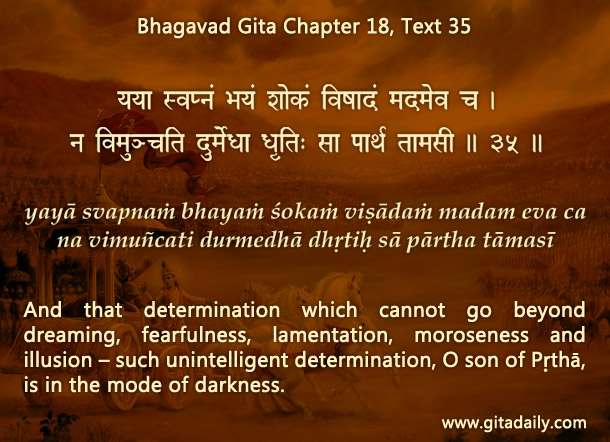History and memory are both records of the past. Yet they can differ significantly. Let’s see how.
Everything in history is not in memory: Because our memory is finite, it can’t remember everything that has happened in the past. It often remembers selectively according to its overall attitude. If we are proud, our memory remembers our achievements and forgets our blunders. If we see ourselves as victims, our memory remembers the wrongs done to us and forgets the wrongs done by us.
Everything in memory is not in history: Memory can be not just selective but also deceptive. Based on our defining attitude, we may have false memories, whereby we “remember” things that never happened. If we naively believe our false memories, we become creators of a distorted version of the past. Even when we don’t consciously intend to mislead others, we are subconsciously misled by our memory.
If we don’t understand the difference between history and memory, we may keep lamenting about the past without learning from it. Such is the plight of people who are stubbornly ignorant (Bhagavad-gita 18.35).
How can we best use our past? By seeking not an exhaustive understanding of the past, but a working understanding of the past that helps us work better in the present and the future. If something from the past is worth learning, then we keep it in our memory. If something from the past is unclear or doesn’t teach us anything worthwhile, then we let it stay in history, without burdening our memory.
When we thus intelligently discern what to keep in memory and what in history, our past stops holding us from our future; instead, it helps us progress into the future.
Think it over:
- Do you have any experience of selectively remembering or forgetting the past?
- Do you have any experience of false memories in yourself or in anyone known to you?
- How can you best use your past?
***
18.35 And that determination which cannot go beyond dreaming, fearfulness, lamentation, moroseness and illusion – such unintelligent determination, O son of Pṛthā, is in the mode of darkness.
To know more about this verse, please click on the image
Explanation of article:
Podcast:


History should be viewed as HIS story